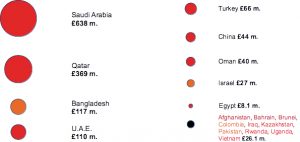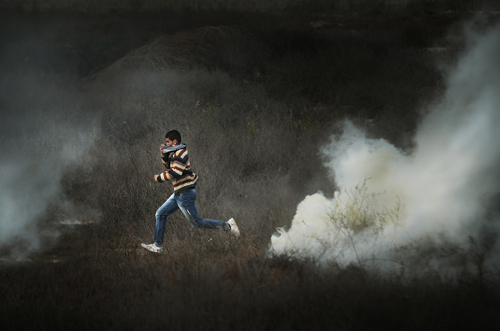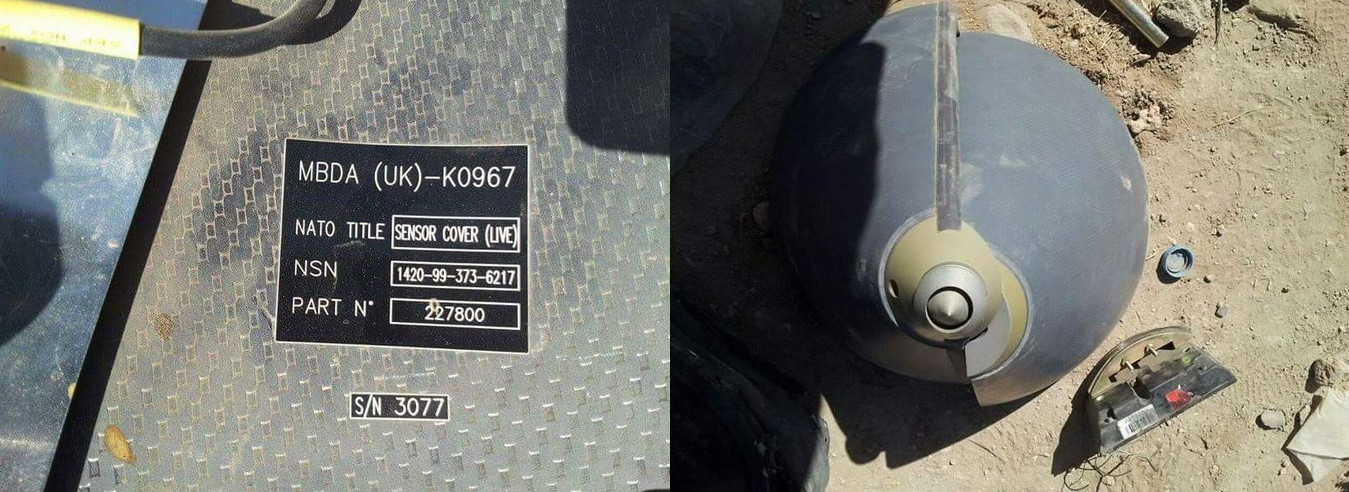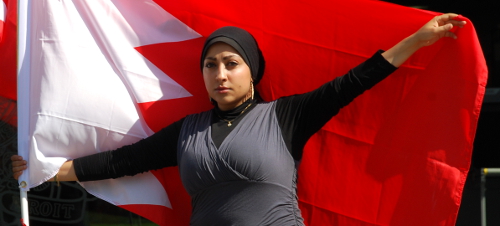Arming repressive regimes
The arms trade exists to provide weapons to any buyer who can pay for them. As long as they have the money, what the buyers do with the arms does not matter to the seller.
Human rights abuses are facilitated by arms sales in four main ways:
- The arms can be used to carry out the abuse directly.
- The arms sales increase the military authority of governments and their ability to intimidate or abuse.
- A heavily armed government can help instil fear in a population, while building up a sense of a nation under threat, increasing support for the government.
- International arms sales convey a message of approval and acceptance by foreign governments.
The international democracy and human rights NGO Freedom House produces annual ratings for each country based on their level of political rights and respect for civil liberties. Out of 48 countries rated by Freedom House in 2020 as “Not Free”, the UK sold arms to 35 of them in 2019, with 15 receiving at least £1 million worth of licences.
The UK government’s 2018 Human Rights and Democracy report also identified 30 Human Rights Priority Countries, where human rights are a concern. This included several countries not on the Freedom House list, but where there are nonetheless severe human rights abuses occurring. Four of these countries also received at least £1 million of arms export licences from the UK in 2019. (See graph below).




